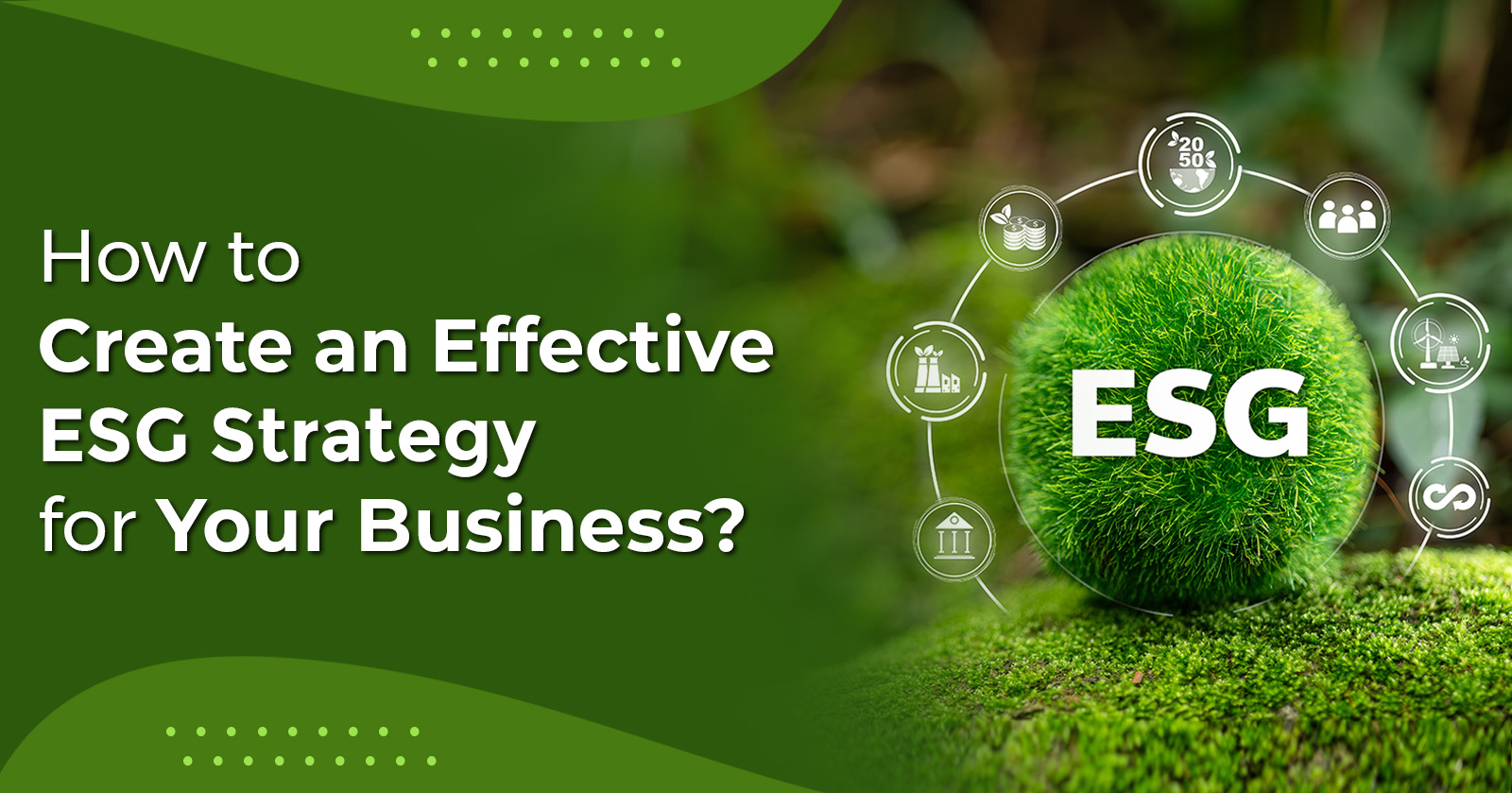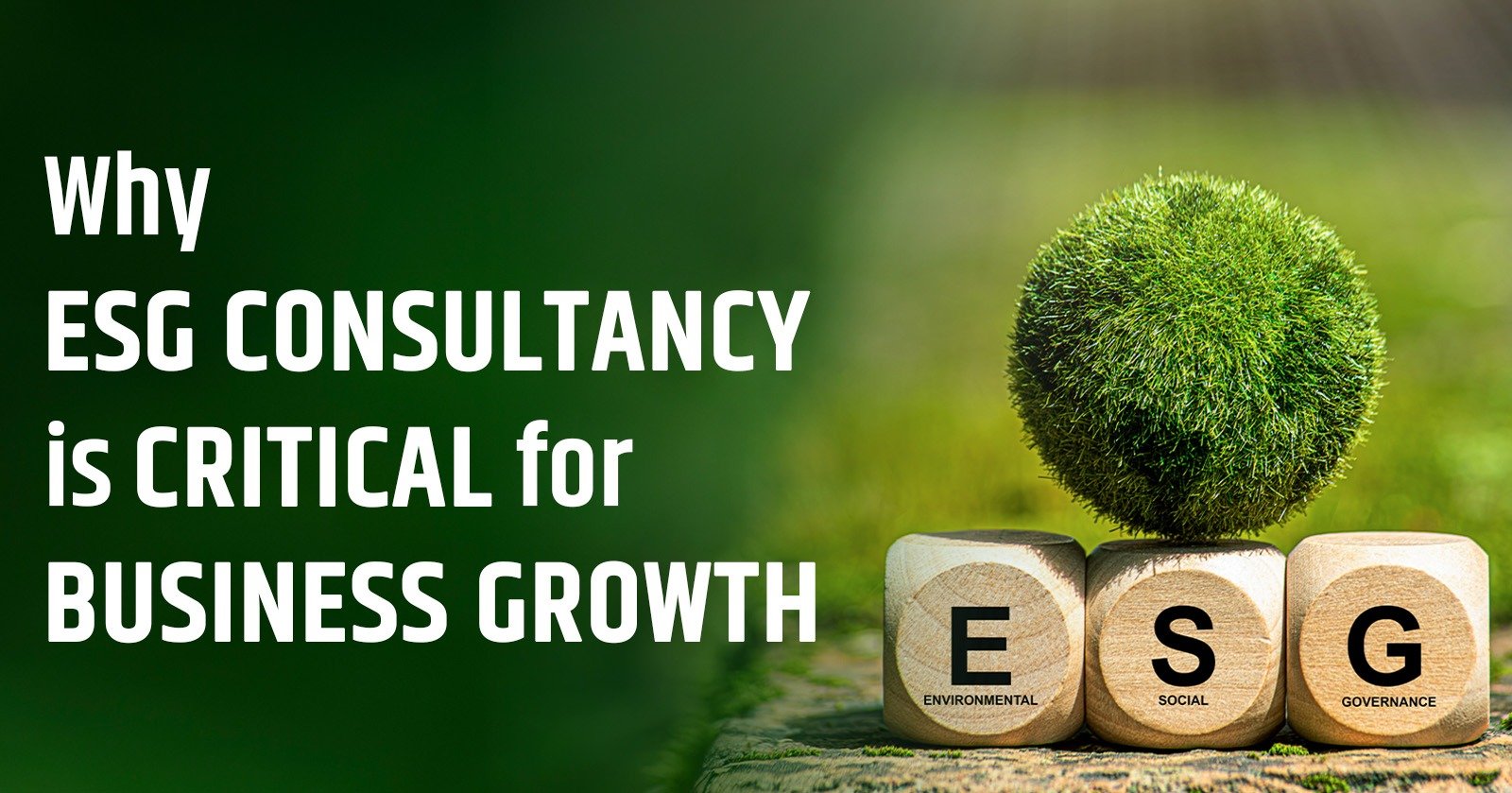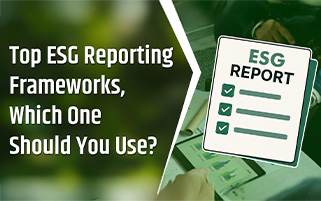How to Create an Effective ESG Strategy for Your Business?

Currently, many businesses want to do more than just make a profit. They need to care about the environment, treat people fairly, and run their operations responsibly. This is known as ESG (Environmental, Social, and Governance).
ESG strategy helps businesses focus on essential things like reducing pollution, supporting communities, and being honest and transparent. Companies that follow ESG principles build trust, attract more investors, and are ready for future challenges.
Nowadays, ESG is not optional. It is an important part of running a successful and responsible business today. In this guide, we will explain the importance of ESG integration, components of an effective ESG strategy, the role of ESG consultants, and how Sustrack is the best choice for your ESG journey.Sustrack makes ESG easy for your business. We prepare a clear ESG sustainability roadmap and strategy that helps you follow the rules, avoid environmental challenges, build a greener brand image, and attract more investors.
What Is ESG?
ESG means Environmental, Social, and Governance. It shows how a company takes care of the environment, treats people, and its impact on business. Today, many investors check a company’s ESG report before deciding to invest.
Companies share ESG reports to show how they are doing in these areas. The first step is an ESG assessment, which helps understand your company’s current performance.
ESG planning is the process of making a clear and practical strategy to help your business meet its ESG goals effectively.
These reports usually include:
- Pollution levels and carbon emissions
- Employee working conditions
- Diversity in the workplace
- How the company is managed and makes decisions
Importance of ESG in Today’s Business Environment
There are many reasons why ESG is important in today’s business environment:
- Companies that focus on ESG can build trust and enhance their reputation in the market.
- More investors now prefer to invest in those businesses that care for the environment and act responsibly.
- An ESG strategy helps create a clear plan that meets a company’s sustainability goals.
- With guidance from an ESG consultation, businesses can move toward a greener and more ethical future.
- ESG strategy helps prevent challenges like worker disputes, pollution fines, and unexpected challenges.
- A well-planned ESG roadmap makes it easier to track progress and stay focused on ESG goals.
- By following an ESG strategy, companies can avoid legal penalties.
- Nowadays, customers also prefer to support brands that care about people and the planet.
Key Components of an Effective ESG Strategy
To build a strong and effective ESG strategy, a company needs to focus on a few key areas.
-| Environmental Responsibility
In the ESG report, you must focus on how a company reduces its impact on the environment. It includes managing energy use, lowering carbon emissions, reducing waste, using clean energy, and supporting sustainable practices.
-| Social Responsibility
Mention in the ESG report how a company treats its employees, customers, and the community. It includes things like employee care, fair treatment, safety, diversity, and helping the community.
-| Governance Practices
Involves how a company is run and how decisions are made. It includes honest leadership, clear rules, following laws, having a diverse board, and strong checks and controls.
Clear Goals and Sustainability Roadmap
An effective ESG strategy sets clear targets and a step-by-step guide. It also defines roles and deadlines.
Data Collection
It is essential to track and report ESG performance on a regular basis. It helps companies stay accountable, measure progress, and share their efforts with investors.
What Are the Steps to Create a Custom ESG Roadmap?
For an effective ESG roadmap, a company must have important ESG ideas like reducing greenhouse gases, making supply chains responsible, and using materials in a way that reduces waste.
Here are six easy steps to create and follow an effective sustainability roadmap.
- Consult with Internal and External Stakeholders: Every board member should know about the risks, benefits, and impact of ESG while creating the ESG strategy. They also need to know which ESG areas are most important for the company’s growth.
- Identify What ESG Issues Matter Most: Find out which ESG issues are most common. Check feedback to decide which issues are common for both the company and its stakeholders.
- Check Current ESG Report: Review your existing ESG efforts, policies, and data to see where you stand.
- Set ESG goals: Decide what your company wants to achieve in each ESG area. Set simple, measurable ESG goals that are easy to track. Clear goals help everyone stay focused and move in the right direction.
- Select Reporting Standards: Decide which ESG reporting guidelines (like BRSR, GRI, SASB) you’ll follow to track progress.
- Review and Improve: Keep checking your ESG plan regularly to see what’s working and what’s not. It helps to fix any gaps that improve as soon as possible. This keeps your ESG strategy strong and aligned with your ESG goals.
Keep checking your ESG plan regularly to see what’s working and what’s not. It helps to fix any gaps that improve as soon as possible. This keeps your ESG strategy strong and aligned with your ESG goals.
Role of ESG Consultants in Strategy Planning
ESG consultants play an important role in ESG planning and follow a strong ESG strategy. They make it easier for companies to understand and manage environmental, social, and governance responsibilities. Here’s how ESG consultants help:
Creating ESG Strategies:
ESG consultants help you find out which ESG topics are most important for your business. They find risks and opportunities, then create a clear sustainability roadmap that fits your ESG goals.
Ensuring Compliance with Laws:
ESG consultants know very well about laws and rules related to sustainability. They help your business follow both local and international ESG regulations. They also help to prepare ESG reports using trusted global frameworks like GRI, SASB, and BRSR with SEBI guidelines.
Building a Strong Brand and Stakeholder Trust:
With effective ESG planning, your company can build a strong brand image and gain the trust of investors, customers, employees, and communities.
Consultants help you share your ESG efforts in a clear way, so people see your brand as honest, responsible, and trustworthy.
Supporting Long-Term Growth:
Consultants help businesses go green, lower their impact on the environment, and find new ways to grow.
They also help add ESG goals into daily work by using smart tools like AI to meet customer needs and reach new markets.
Common Pitfalls in Corporate ESG Report
Many companies face challenges when preparing their ESG (Environmental, Social, and Governance) report. Here are some common mistakes and tips to avoid them:
Not Tracking the Right Metrics:
Sometimes companies don’t measure the right ESG data or don’t track the right metrics. Without clear and measurable goals, it becomes difficult to track real progress. Use simple, specific targets (like the SMART framework) and focus on the ESG areas that matter most to your business.
Lack of Clear Communication and Goals:
If your ESG goals aren’t clear, teams might be confused or not work well together. Make sure everyone from leaders to employees knows the company’s ESG strategy and goals. Make clear policies and use key performance indicators (KPIs) to keep everyone on track.
Ignoring ESG as Part of Company Culture:
ESG shouldn’t be something extra or separate. It should be part of your company’s daily work and values.
If ESG is not fully included, it can cause confusion and won’t work well. When everyone knows about it and supports it, ESG strategies give better results and help the business grow in the long run.
Not Using the Right Tools:
Effective ESG tracking tools help collect data easily, analyze results, and save time. Without the best ESG tools, managing ESG efforts can become slow and confusing.
Focusing Too Much on Numbers Instead of the Big Picture:
Sometimes companies only focus on specific targets but miss the overall goal of ESG. Reaching one target shouldn’t create problems in other ESG areas. That’s why it’s important to regularly review your ESG strategy.
Why Choose Sustrack for Your ESG Strategy?
At Sustrack, we believe ESG is not just a trend; it is the future of smart and responsible business. We are a dedicated ESG consulting company that helps businesses build sustainability, responsibility, and compliance into their daily operations.
From your first ESG assessment to full planning, execution, and reporting, Sustrack handles everything. Whether you’re starting from scratch or improving your current strategy, we make ESG integration clear and easy. For an effective and clear ESG strategy, contact us today.
Frequently Asked Questions
What is the ESG strategy?
ESG means Environmental, Social, and Governance. It is a way to check how a company performs in ESG areas.
- Environmental (E): How a company protects nature, like reducing pollution, managing waste, and using clean energy.
- Social (S): How a company treats people, like its workers, customers, suppliers, and communities.
- Governance (G): How a company is managed, with honest leaders, following rules, and making fair and clear decisions.
Why is ESG important for businesses?
What are the 4 pillars of ESG?
What is ESG integration?
What is a Sustainability Roadmap?
It shows what actions to take, who will do them, and when. ESG planning helps the business grow in a responsible way while caring for people and the planet.




